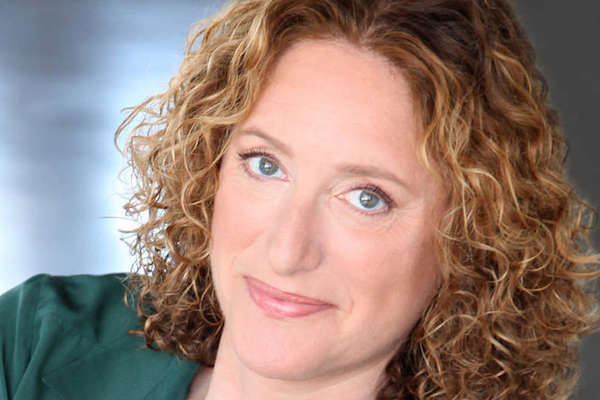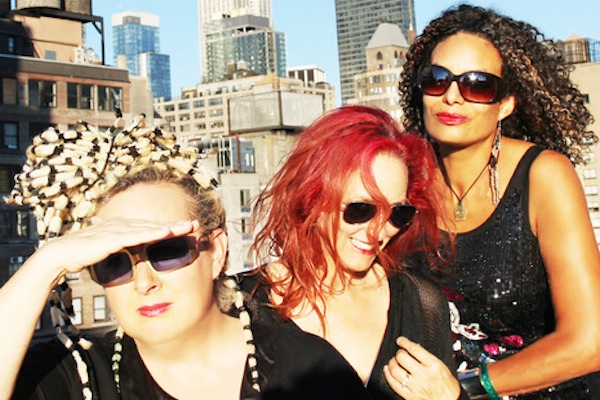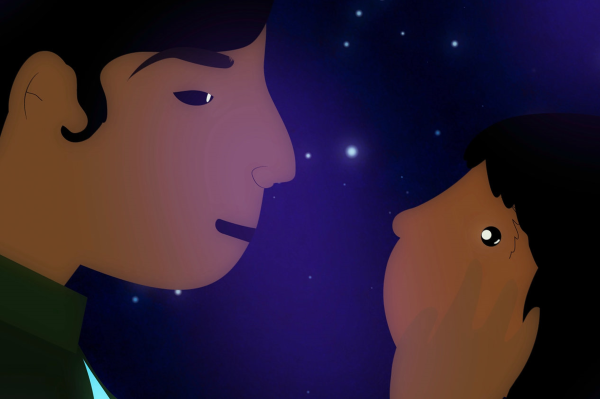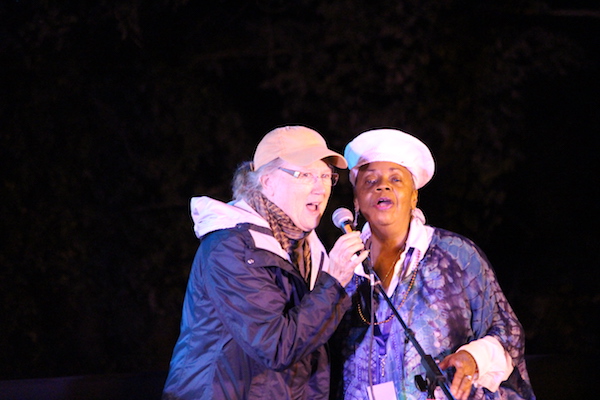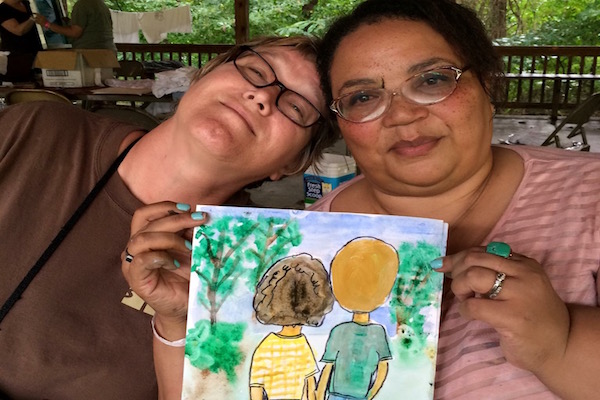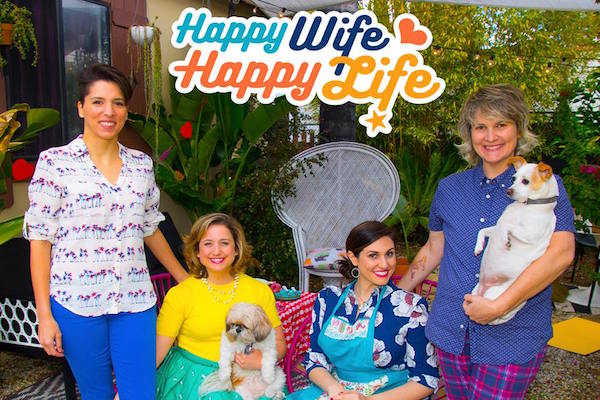This article was first published by TAGG and can be read on their site here.
Comedian Judy Gold has been in the comedy scene for years, watched the industry expand and become a better representation for what the world looks like today. With 36 years as a stand-up comedian under her belt, Gold is a veteran, yet still finds new ways to remain creative and connect deeply with audiences.
“I started [stand-up] in college,” says Gold. “Someone dared me to do it and I got this high I had never gotten from anything else I had ever done.”
Her deep-seated passion for comedy translated into a career where she’s gained a lot of knowledge into the comedy industry. “The time I spend on stage is my favorite,” Gold explains. “I’ve seen a lot of great things happen and a lot of horrible things. Especially as a female comic to go from seeing people not hiring any women and now seeing women run networks and write shows. But there’s still a long way to go.”
Gold is an active member of the Jewish and LGBTQ communities, the intersections of her identities coloring her work, especially in later years.
“You can’t be a comic unless you’re honest about who you are,” says Gold. “Comedy is only funny when it’s the truth.” Gold emphasized how she’s never been shy about talking about being Jewish and her sexual orientation, especially after she became a parent.
After Gold’s first child was born, she naturally wanted to talk about being a parent and having a family onstage, which marked her coming out on stage. “[But] I didn’t want to be pigeonholed as a lesbian comic,” she says. “I just wanted to be a comic who was a lesbian. Everyone talks about their families on stage, so of course I’m going to talk about mine. What kind of message are you giving your kid if you don’t talk about your family?”
Gold incorporates stories about her partner and family into her work, feeling a responsibility to be out and proud about being gay and a comic.
“I definitely feel an obligation,” she says. “I’m gay, I’m in a gay relationship, I have children, and I’m doing what I love. I want every LGBTQ kid to know that you can do that too. You can have a family, a job that you love, and enjoy your life. There’s no reason not to have those dreams.”
In the 80s, when Gold was just starting out, there were very little comedians, much less lesbian comedians that were out. Homophobia was at “an all-time high” and Gold rarely saw LGBTQ representation within the industry.
“I know comics who won’t come out of fear,” she says. “It’s hurtful because there are so many kids out there who need to see themselves represented.”
Beyond being a comic, Gold has been spearheading her own podcast for a few years entitled “Kill Me Now,” which she calls “a labor of love.”
“I just love interviewing people and finding out what makes them tick,” says Gold. “It’s not a typical comedy podcast. I talk a lot about growing up. Those things those experiences that teach you and make you a different person and make you who you are – that’s the kinds of things I find fascinating. Everyone has a story.”
On her enduring role as a comic, Gold simply said: “It’s what I do. It’s who I am.”
Judy Gold will be at the City Winery on December 24, 2018. For more information or to purchase tickets click here.

